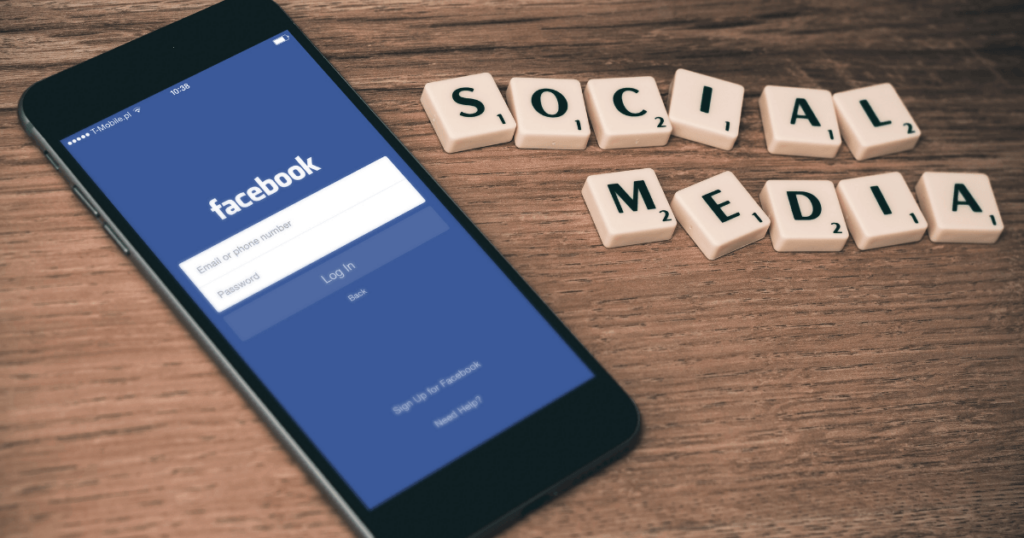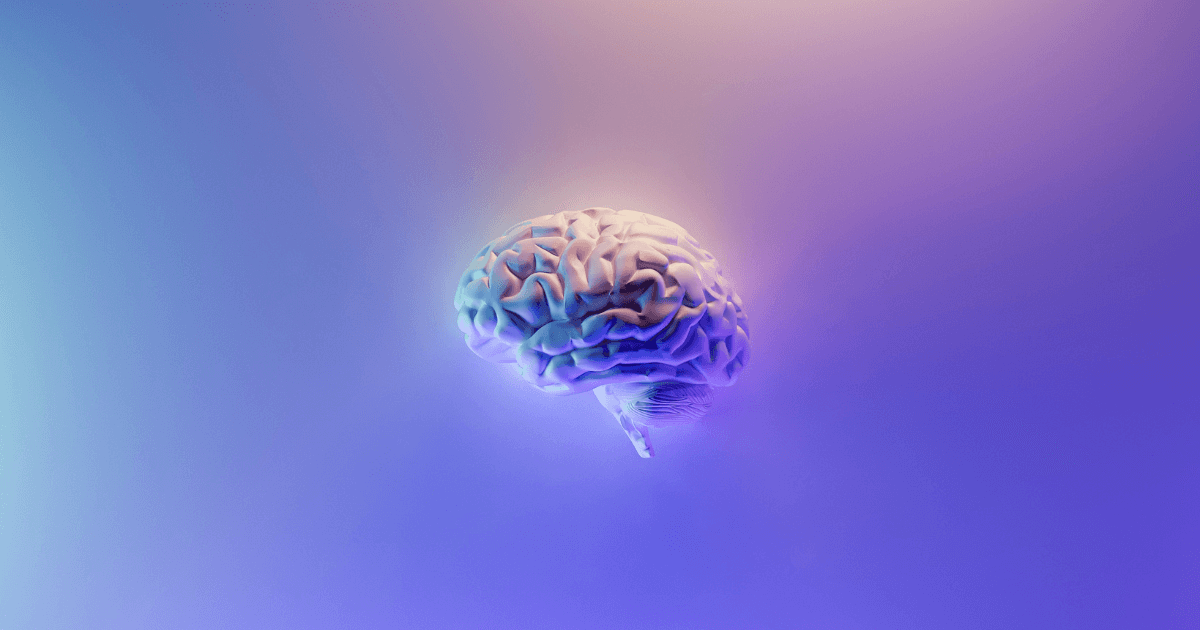It is crucial to recognize that social media should serve as a communication tool, not a substitute for authentic human connection.
In our modern world, success and personal achievement often take precedence, driving our society forward. However, as we focus on individual goals, we may be inadvertently overlooking the importance of social connections, family bonds, and community. Research consistently shows that these connections play a vital role in our mental health and well-being, with strong social ties being linked to lower rates of depression and anxiety. Yet, the rise of social media has led to a culture of superficial connections, where online validation often surpasses genuine human interaction.
The Impact of Social Media on Connection
In the age of social media, younger generations have become more comfortable communicating through text messages and social media posts rather than engaging in face-to-face conversations. This shift in communication patterns has led to a lack of deep, meaningful real-world connections that are essential for fostering mental health and overall well-being. Despite having hundreds of friends and followers online, individuals may feel a void in their lives, craving for genuine human connection.
The Importance of Genuine Human Connection
It is crucial to recognize that social media should serve as a communication tool, not a substitute for authentic human connection. Before the advent of social media, individuals actively sought opportunities to connect in person. They attended community events, joined clubs and organizations, and cherished quality time with family and friends. These connections were built on shared experiences and a sincere interest in each other’s lives.
Statistics Supporting the Impact of Social Connections
- Studies conducted in the United States provide compelling evidence of the importance of social connections for mental health:
- A study published in the Journal of Abnormal Psychology found that people who lacked social connections were at a higher risk of developing depression.
- Another study published in the Journal of Health and Social Behavior found that people with more social support had lower levels of anxiety.
- A study published in the Journal of Social and Clinical Psychology found that people who spent more time on social media had higher levels of anxiety and depression.
- A study published in the Journal of Adolescent Health found that teenagers who spent more time on social media had higher levels of anxiety and lower levels of self-esteem.
- A survey conducted by the American Psychological Association found that Gen Z (born between 1997 and 2012) reported higher levels of stress and lower levels of mental health compared to other generations. The survey also found that social media use was a significant source of stress for Gen Z.
To protect our mental well-being, it is essential to acknowledge the negative impacts of social media and take proactive steps to mitigate them. Studies have shown that excessive social media use is associated with higher levels of anxiety and depression. To counteract these effects, we should limit our social media consumption, be mindful of the content we engage with, and consciously prioritize real-world connections over online interactions.

Studies have shown that excessive social media use is associated with higher levels of anxiety and depression.
Creating Meaningful Connections
To prioritize human connection and enhance our mental health in the digital age, we need to actively invest in building and maintaining genuine social and family connections. This can be accomplished by participating in community events, joining clubs and organizations that align with our interests, volunteering for meaningful causes, and dedicating quality time to our loved ones. These activities not only foster deep connections but also instill in us a sense of purpose and belonging.
Conclusion
While social media can be a valuable communication tool, it should never replace the importance of genuine human connection. By prioritizing social and family connections and actively seeking opportunities for meaningful interaction, we can enhance our mental health, find a sense of purpose and belonging, and contribute to the creation of a happier, healthier society. Let us embrace the power of human connection in the digital age and nurture the bonds that truly enrich our lives.
“Composed by: Sagar Pandya is a highly accomplished professional with a Master’s degree in Software Technology and a decade long experience in the software industry, working with renowned multinational corporations, gaining expertise in latest technologies. He is also an author, known for his book “Tales of the Jungle: Fables of Indian Animals and Morals.” “


👏 Fantastic article! 🌟 “Prioritizing Human Connection: The Key to Mental Health in the Digital Age” highlights a crucial topic in today’s world. The author beautifully captures the essence of maintaining genuine connections amidst the digital era. A must-read for everyone seeking to understand the impact of technology on mental well-being. Kudos to the author for shedding light on this important subject! 🙌 #MentalHealthMatters #HumanConnection #DigitalAge